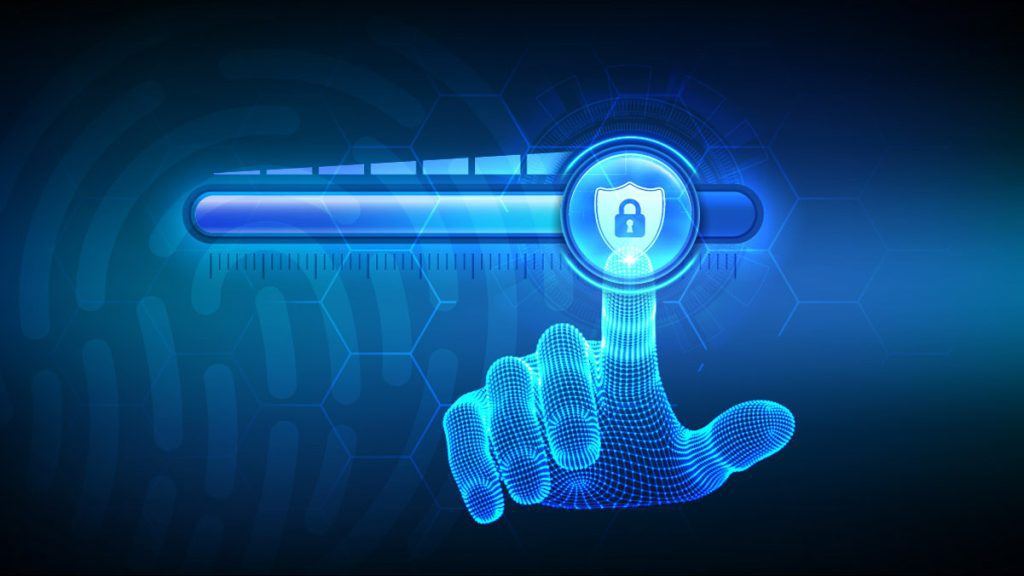
What is biometric identification? It is the process through which unique biological characteristics are used in biometric identification to recognize and validate a person. These characteristics can be found in facial traits, eye structures, DNA, fingerprint patterns, and even handwriting. All this data that can be gathered on an individual inevitably brings up the ethical issues in biometrics that need to be addressed.
Facial recognition and fingerprint scans were previously the domain of security, and they were utilized for identification and law enforcement. However, increasingly more business and civil applications are using biometrics authentication. Due to this increased use, it is crucial to address the moral and ethical issues in biometrics when used in the creation of new application and technology.
Applied biometrics and corporate ethics have received little empirical study despite the widespread use of biometric technologies. As a result, there is plenty of room for future study to help us better comprehend the moral consequences of adopting this technology.
This article examines the ethical concerns associated with the use of biometric technology on the use of biometrics for non-security applications as well as the moral ramifications for business.
Ethical Issues in Biometrics and Privacy
Biometric data takes privacy concerns to a whole new level that typical data gathering only touches on. Digital identities can be forged, and anonymity on the web can be maintained to a degree if you know how. Also, digital data can be deleted – if we forget that Meta (Facebook) has been revealed to store deleted data, which is an ethical concern in itself.
The problem with biometric data is that it is unforgeable, unconcealable, and permanent, You can’t change your eye structure, your fingerprint, or your facial features. Big tech companies already have your face, fingerprints, and your voice recorded and stored via current biometric authentication systems – mainly used for unlocking your phone. That data will be there forever, and there is little that people can do about it besides avoid it In the first place.

While many companies still give users the option of using a good old fashion passcode to unlock their phones, as technology as a whole tends to do, the biometric alternative is slowly gaining more traction, and will one day become the norm, as it is hard to argue its convenience and security. You can’t accidentally leave your eyeball at home or forget your fingerprint. But in the same sense, you can’t change it. If your childish curiosity while browsing the web put a black spot on your record, there’s no changing that.
Therein lies the question of who if anyone should have access to such data. Today’s tech giants have all our data in their hands, that won’t change with the spread of biometric verification methods. Indeed, it will only increase targeting capabilities.
While the collection of biometric data on its own does not necessarily mean it will be shared, monetized, or abused in any way, it never the less requires clear and strict guidelines and regulations to be implemented around it. There are too many things that can be abused by the wrong party when the ethical issues in biometrics are not taken seriously, and if such limitations are not applied stringently.
Inside Telecom provides you with an extensive list of content covering all aspects of the tech industry. Keep an eye on our Ethical Tech section to stay informed and up-to-date with our daily articles.